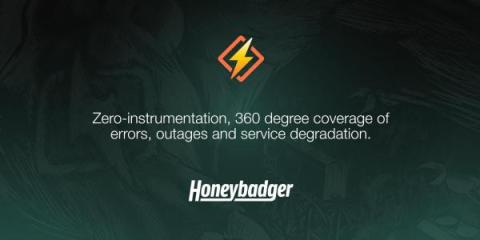Debugging a slow Rails controller with Honeybadger Insights
Join Honeybadger cofounder Ben Curtis as he uses Honeybadger Insights to debug a slow controller action in Rails. Honeybadger Insights is a new full-stack logging, observability, and performance monitoring tool from Honeybadger.io. Gain insights into your errors, application logs, and other event streams with a powerful query language and ready-made dashboards.




